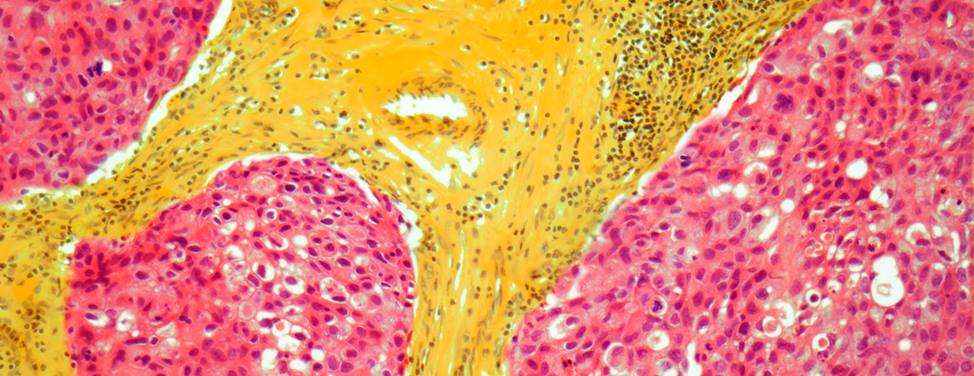
Follow-Up Care for Breast Cancer Patients
After patients have completed treatment for early stage breast cancer, one of the common questions is "How should I best be monitored?"
At the current time, the standard approach for monitoring patients is a physical exam and a review of symptoms anywhere from every three to six months for the first two to three years, then every six months until year five, and annually thereafter. You should continue to have annual mammograms of the other breast.
In some cases following a lumpectomy, we recommend a mammogram of the involved breast every six months for two to three years, and then yearly thereafter. We also ask you to report any new or unusual symptoms so that we can determine whether any further testing needs to be done.
In terms of screening for the spread of breast cancer (metastases), the routine use of chest X-rays and blood tests for patients who have no symptoms is generally not recommended. Even though these tests may pick up a recurrence earlier, it is not clear that the earlier therapy for advanced breast cancer will ultimately lead to a better long term result. This is because when patients have metastatic recurrence, the focus of therapy is to keep the cancer under control but our ability to cure cancer is limited.
In addition, screening tests such as X-rays and blood tests can appear abnormal when in fact there is no spread of cancer and more invasive testing, such as a biopsy, may be required to sort this out.
For these reasons, most experts conclude that these types of screening tests for the spread of cancer are not warranted.
Please refer to the American Society of Clinical Oncology (ASCO) Guidelines for a more detailed explanation of the recommendations for following patients after treatment for early stage breast cancer. The ASCO is a nonprofit organization that represents more than 10,000 cancer professionals worldwide. The society offers scientific and educational programs and a wide range of other initiatives intended to foster the exchange of information about cancer. ASCO has developed guidelines for medical care following treatment for breast cancer to help you and your doctors make decisions about your continuing health care.
Please remember that the guidelines should be used as an information resource. Final decisions about your care will be made by you and your doctor.
UCSF Health medical specialists have reviewed this information. It is for educational purposes only and is not intended to replace the advice of your doctor or other health care provider. We encourage you to discuss any questions or concerns you may have with your provider.



















